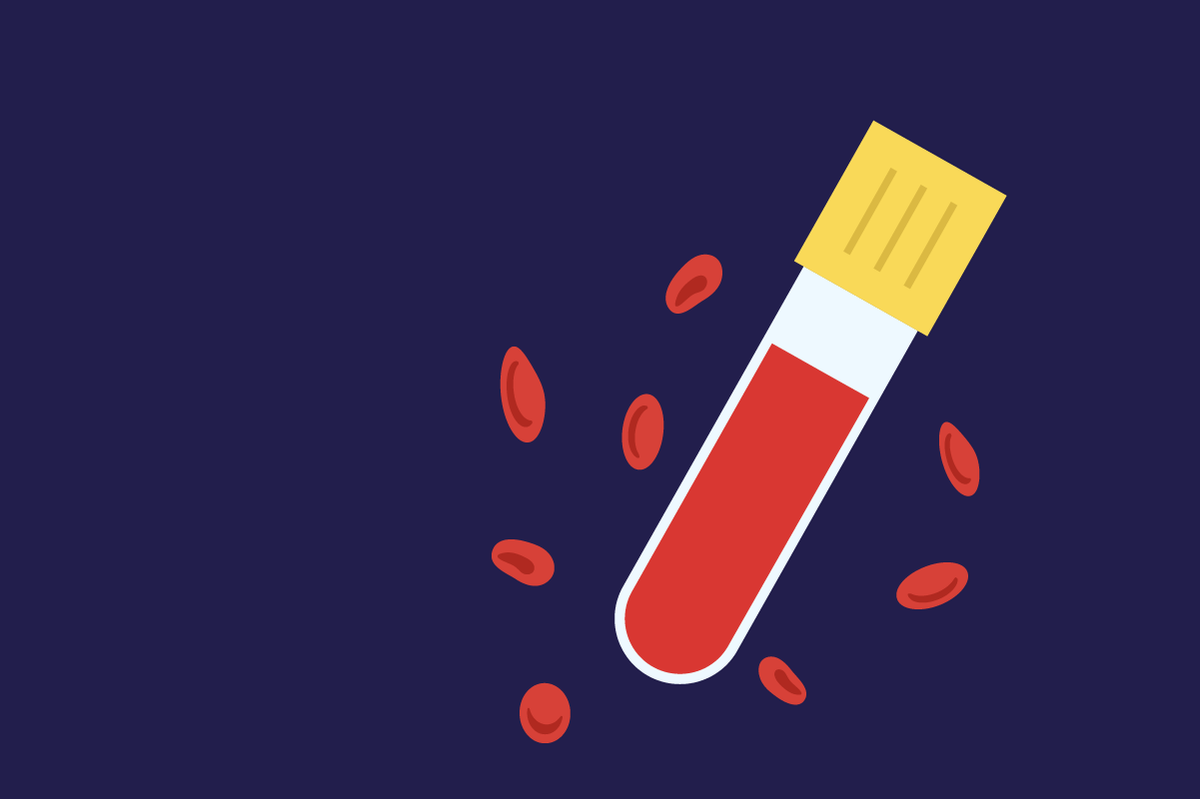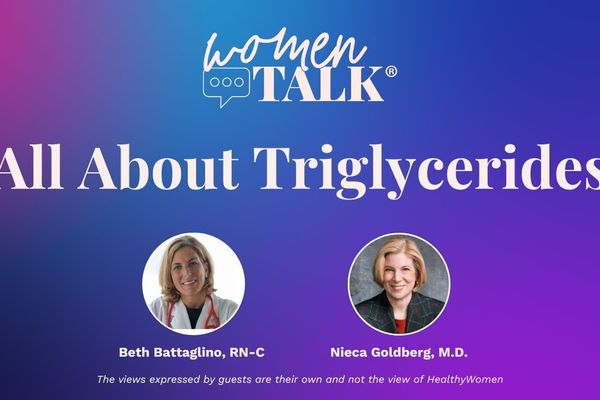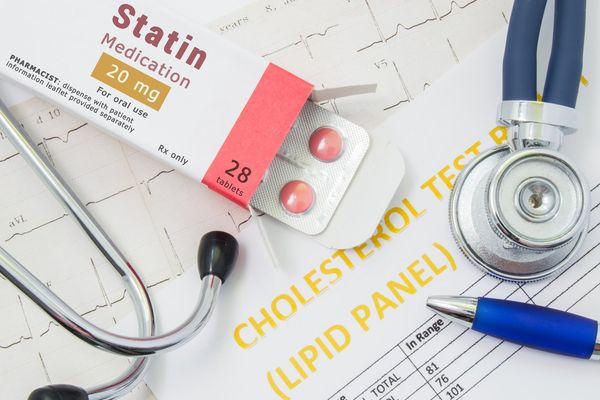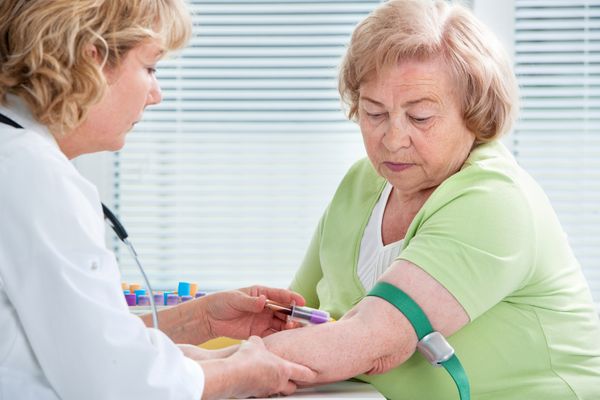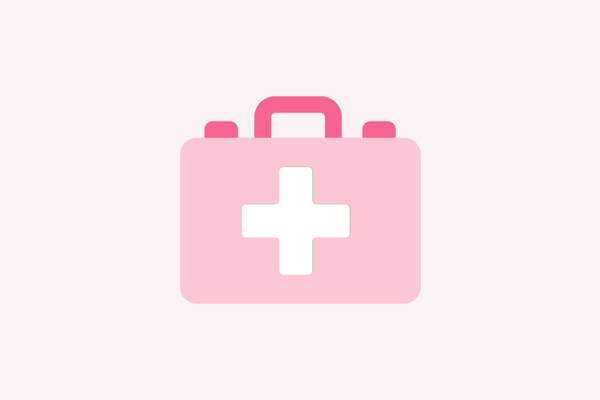Having high cholesterol can lead to heart disease or stroke.
There are 3 kinds of cholesterol
Low-density lipoprotein (LDL) or “bad” cholesterol
High-density lipoprotein (HDL) or “good” cholesterol
Triglycerides (type of fat in your blood)
Together, they make up your total cholesterol.
Formula for total cholesterol = LDL + HDL + 20% triglycerides
Know your numbers
There are no symptoms for high cholesterol. The only way to know is to get your numbers checked with cholesterol screening.
The CDC’s optimal cholesterol level recommendations for people assigned female at birth:
LDL cholesterol: about 100 mg/dL
HDL cholesterol: ≥50 mg/dL
Triglycerides: <150 mg/dL
Total cholesterol: about 150 mg/dL
High cholesterol = total cholesterol above 200 mg/dL
Around 2 in 5 American adults have total cholesterol above 200 mg/dL.
When to get screened
People assigned female at birth should get their cholesterol checked:
20–54 Every 5 years
55–65 Every 1–2 years
65+ Every year
Risk factors for high cholesterol
Lack of exercise
Eating a diet high in saturated and trans fat and sugar
Smoking
Drinking too much alcohol
Having health conditions like chronic kidney disease, diabetes, HIV/AIDS, hypothyroidism and lupus
Genetics and family history
Certain medications
Being 40 years or older
Although people over 40 are at higher risk of developing high cholesterol, it can happen at any age.
Estrogen affects cholesterol
Estrogen provides protection against heart disease by lowering blood triglycerides and LDL cholesterol, and increasing HDL cholesterol.
Changing estrogen levels during the menstrual cycle can raise and lower your cholesterol levels.
During perimenopause and menopause, lower amounts of estrogen increase triglycerides, LDL and total cholesterol levels, increasing your risk of heart disease.
High levels of estrogen during pregnancy and with polycystic ovarian syndrome (PCOS) can cause higher LDL and triglycerides.
How to get screened
Your healthcare provider (HCP) can give you a cholesterol screening test, also called a lipid panel or lipid profile, by taking a blood sample from you.
You’ll likely be asked to fast or not eat for 12 hours before the test.
The test is quick and relatively painless, and the results will show your levels for the three types of cholesterol plus total cholesterol.
1 blood test = 4 results
Don’t delay — talk to your HCP about cholesterol screening today!
This resource was created with support from Amgen, a HealthyWomen Corporate Advisory Council member.
- Cholesterol-Lowering Drugs 101 ›
- Important Questions to Ask Your Healthcare Professional About High Cholesterol ›
- Why You Should Care About Cholesterol ›
- What Are Triglycerides? - HealthyWomen ›
- Questions and Answers About High Triglycerides - HealthyWomen ›
- What You Need to Know About Cholesterol - HealthyWomen ›

